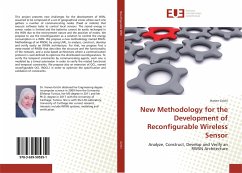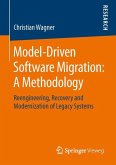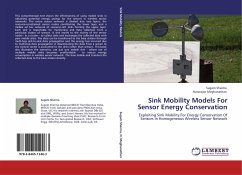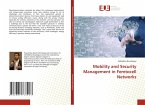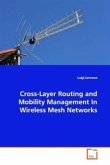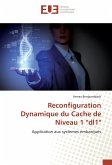This project presents new challenges for the development of WSN, assumed to be composed of a set of geographical zones where each one gathers a number of communicating nodes (fixed or mobile) that execute software tasks to control local sensors. The stored energy in sensor nodes is limited and the batteries cannot be easily recharged in the WSN due to the environment nature and the position of nodes. We propose to use the reconfiguration as a solution to control the energy consumption in a WSN. We propose a new methodology named RWiN-Methodology of an RWSN, by using UML, to analyze, construct, develop and verify easily an RWSN architecture. For that, we propose first a meta-model of RWSN that describes the structure and the functionality of the network, and a zone-based architecture where a communication protocol is well-defined to optimize the distributed reconfigurations. To verify the temporal constraints by communicating agents, each one is modeled by a timed automaton in order to verify the related functional and temporal constraints. We propose also an extension of OCL, named reconfigurable OCL (ROCL) in order to optimize the specification and validation of constraints.
Bitte wählen Sie Ihr Anliegen aus.
Rechnungen
Retourenschein anfordern
Bestellstatus
Storno

